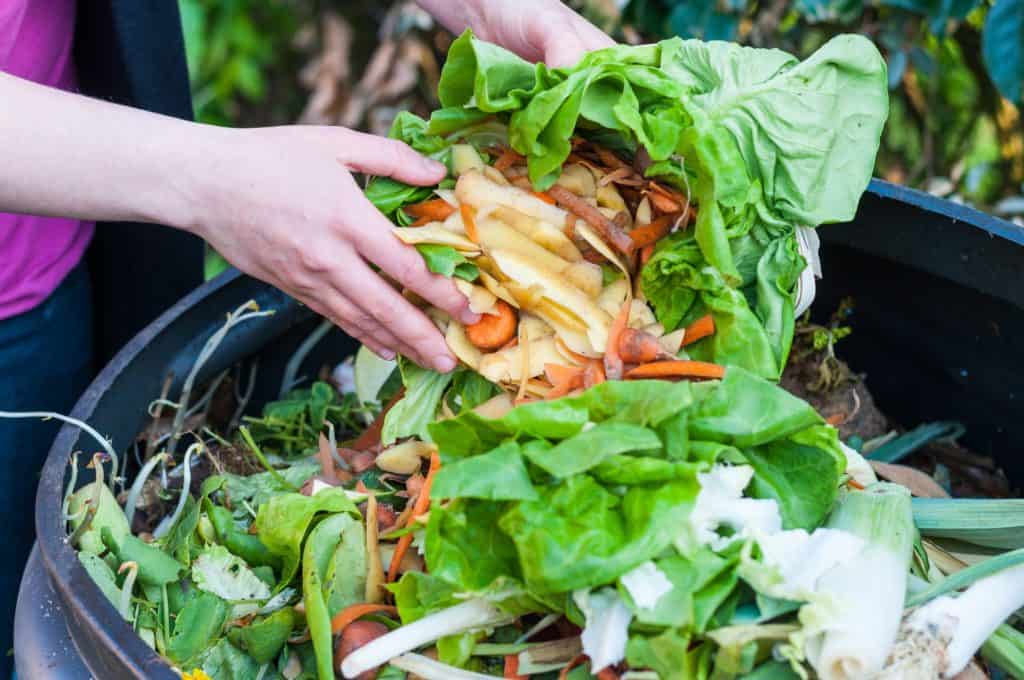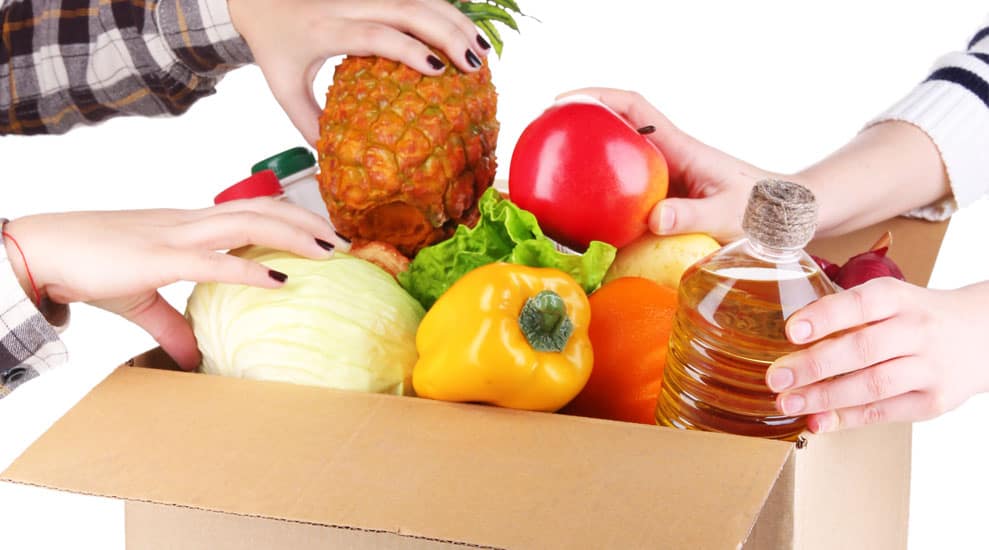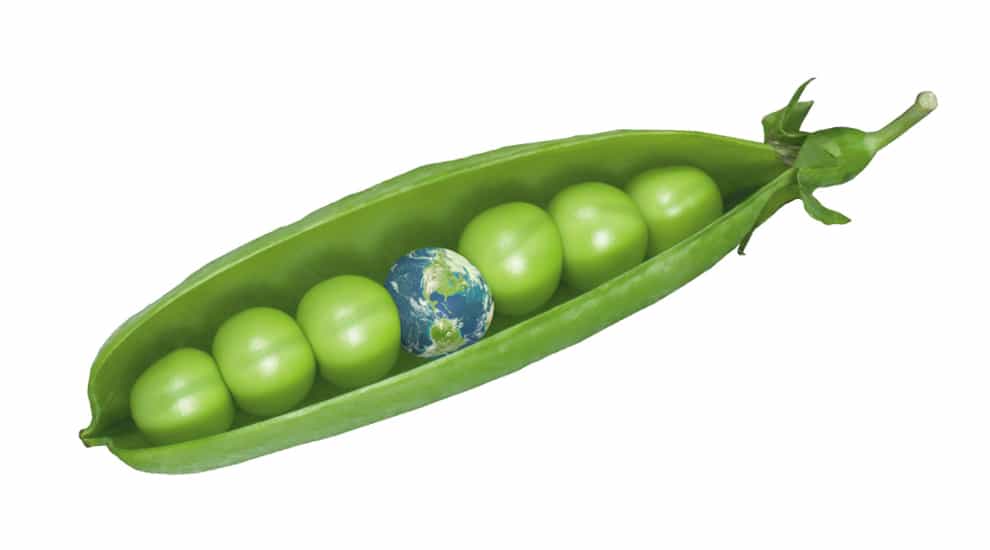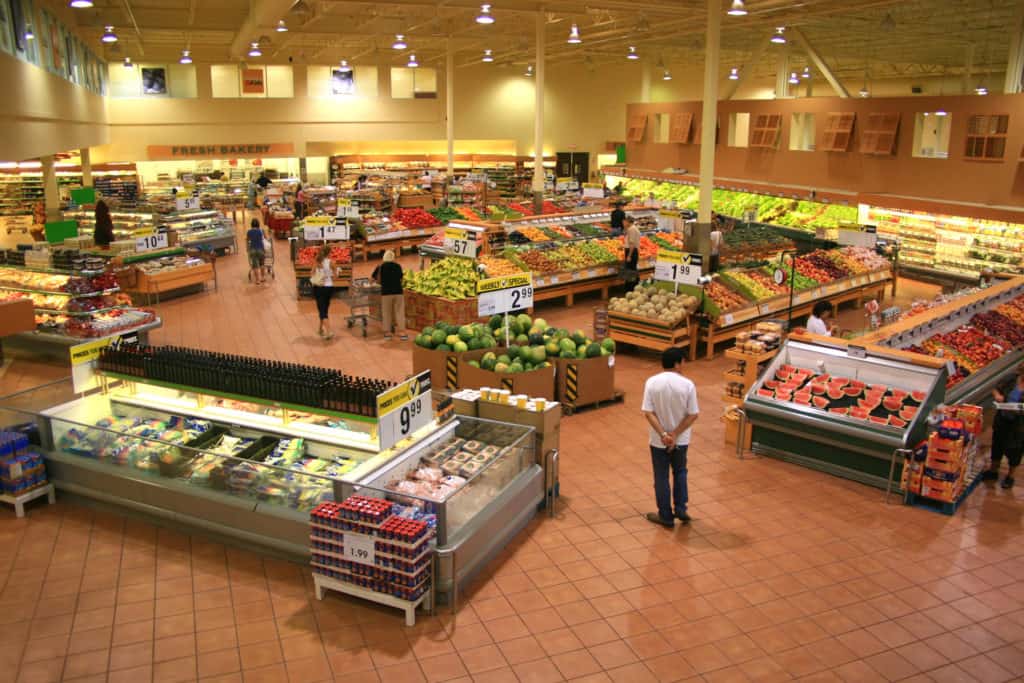Posts Tagged ‘food waste recycling’
3 Steps to Food Waste Reduction
In a recent study done by Unilever, results showed that 72% of diners care about how food waste is handled. 47% said that they are concerned enough about it that they would be willing to spend more money to eat at a place that actively tries to reduce its food waste production. We have put…
Read MoreFood Waste Landfill Ban: Recycling Food Waste, The Where and The How
Food waste is by no means a new issue. Concerns about access to nutrition and edible food being wasted stretch back centuries. The current food waste issue in the U.S. involves a focus on the scale of the problem and the environmental and financial drawbacks that come along with such a substantial level of waste. Organizations that generate a lot of food waste, from restaurants…
Read MoreFollow the Cause: How Consumers Feel about Food Waste
Research has shown that the restaurants with the best sustainability practices are drawing in more first-time customers, and they are retaining those customers better than their competitors who aren’t as eco-conscious. It’s also been proven that restaurants with the most environmentally sound practices make more money. But Why? What is it that sets these restaurants…
Read MoreFood Waste Reduction Program Leads To Financial Gains
Food waste reduction could increase your bottom line. Manufacturers, retailers, and restaurants received a median return on investment of 1,300 percent when implementing food waste reduction programs, according to a report from Champions 12.3. The report, The Business Case For Reducing Food Loss And Waste, reviews historical data from nearly 1,200 business sites, from more…
Read MoreQuest food recycling Featured In The Huffington Post
In a recent article, Farm Animals Actually Eat People’s Leftovers — And It’s Good For The Planet, the Huffington Post explored the benefits of feeding unsellable food from restaurants and grocery stores to livestock. Quest’s Quest’s food recycling program was featured in the article. Quest Resource Management Group helps grocers and other companies reduce the amount…
Read MoreSocial Impact of Food Waste
Issues surrounding food waste expand beyond the environmental impact associated with excess use of natural resources and emissions. With millions of Americans struggling to gain access to nutrient-rich foods —like fresh fruits, vegetables and meat — each day, food waste impact our society as well as the environment. According to Feeding America, 48.1 million Americans,…
Read MoreThe Environmental Impact Of Food Waste
As millions of tons of food waste are generated in the U.S. each year, it comes as no surprise that the effects of this waste place a burden on our environment. The environmental impact of food waste is two-fold. First, with the use of resources needed to farm, process and transport food that will not be…
Read More5 Grocer Benefits To Participating In A Food Recycling Program
Every day grocery stores generate large amounts of food waste – unsellable meat, seafood, fat and bones coming from either their food preparation department or pulled from shelves (because of looming expiration date). This material is routinely landfilled carrying with it an economic and environmental cost. If landfilled (where it then rots), these materials generate…
Read MoreRecycling Food Waste Benefits
Food waste is the single largest type of waste entering our landfills, according to the U.S. Environmental Protection Agency (EPA). According1 to the EPA, More than 36 million tons of food waste was generated in 2011, 96 percent of which was thrown away into landfills or incinerators Wasted food means wasted money for businesses and…
Read More








